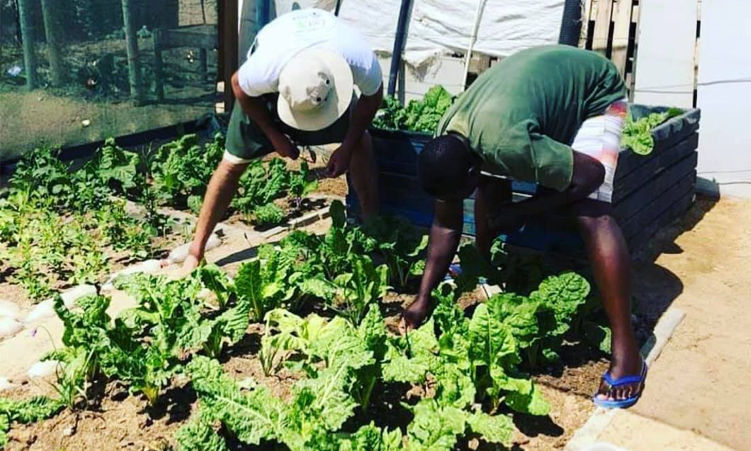Politicians should encourage community members to cultivate backyard gardens to fight malnutrition in the //Kharas region.
The chairperson of the parliamentary standing committee on gender equality, social development and family affairs, Maria Elago, said this at the committee’s visit to Keetmanshoop District Hospital to familiarise herself with the region’s malnutrition status on Monday.
She said backyard gardens have become a necessity as over 1.4 million Namibians are facing hunger due to prolonged drought.
“The recommendation is for us as politicians to encourage community members to come up with backyard gardens so they can produce food for themselves,” Elago said.
During the committee’s visit to the hospital, staff members said they have received reports of 44 new severe cases of malnutrition during the first two quarters of this year.
Acting //Kharas regional health director Leandra Bushpy says cases of severe malnutrition increased to 44 up until the end of June.
“These are cases that have been admitted to the hospital for treatment,” she says.
Last years’ statistics showed the //Kharas region had the highest number of malnutrition cases, with 744, followed by the Omaheke region with 738 cases.
The Oshana region reported 176 cases and Khomas recorded 111.
The Omusati region reported 66 malnourished residents last year.
The senior medical officer at the hospital, Dr Hilma Shalimba, from asks for support and ideas the committee to help the //Kharas team reduce these figures.
She says greater collaboration is needed among medical personnel and community members to trace malnutrition cases more effectively and provide treatment before hospital admission is needed.
“We need the engagement of nurses and medical doctors at various points, and also to engage with the paediatrician to get some ideas on how to help us curb this poverty, because it is real,” Shalimba says.
The Office of the Prime Minister in June reported that almost half of Namibia’s people faced food insecurity between July and September this year, while the country has reported almost 2 000 cases of malnutrition.
The report says 1.4 million Namibians will be food insecure between July and September, 33 105 marginalised community members are receiving drought-relief food, and 1 835 malnutrition cases have been recorded countrywide.
“We are very concerned as the southern regional meteorological report indicated the rainfall pattern has started to show drought and low grazing patterns in most parts of the country.
“As a result of this, the office will conclude assessments on the immediate interventions needed to save lives and support livelihoods due to imminent drought in 2024,” the prime minister said.
Stay informed with The Namibian – your source for credible journalism. Get in-depth reporting and opinions for
only N$85 a month. Invest in journalism, invest in democracy –
Subscribe Now!







